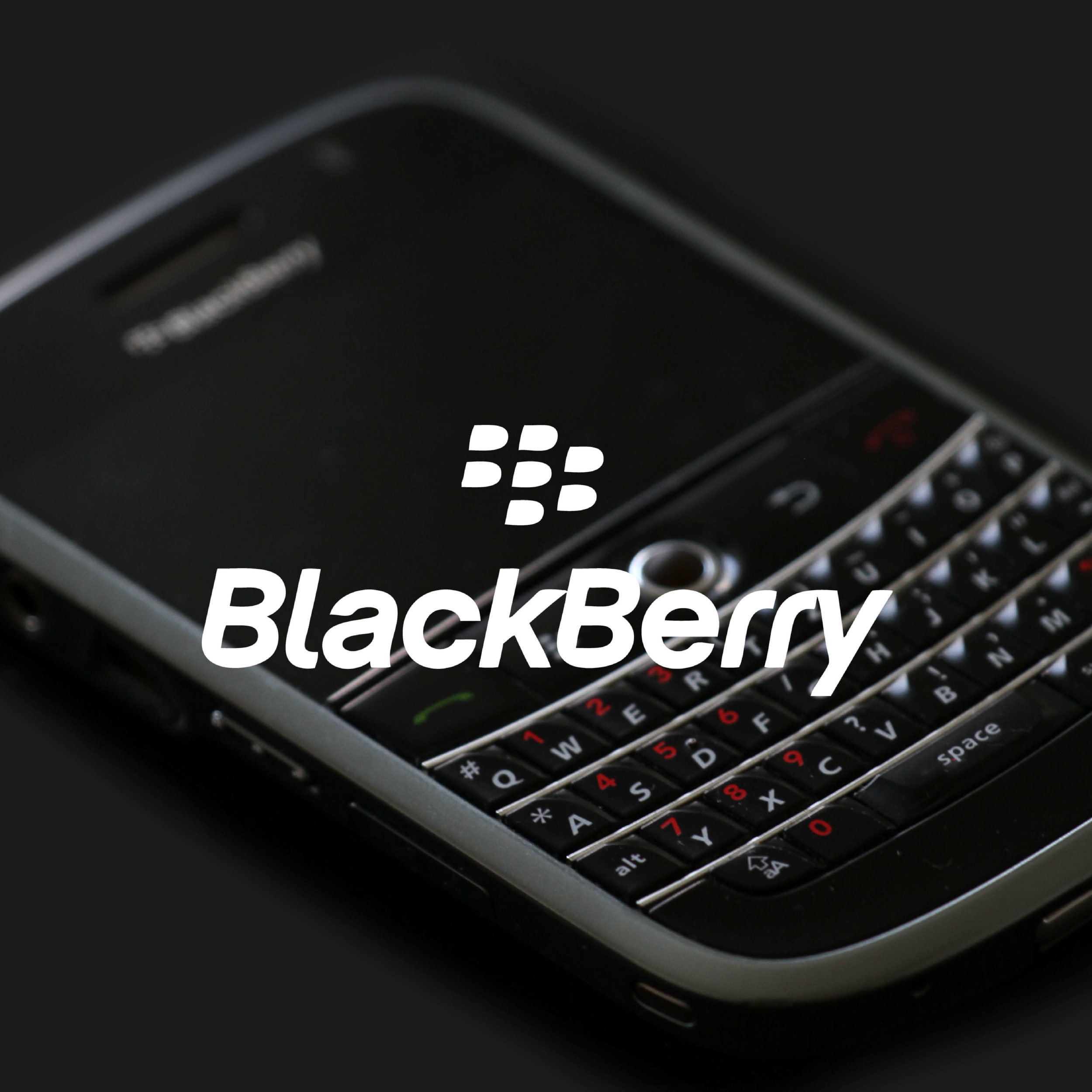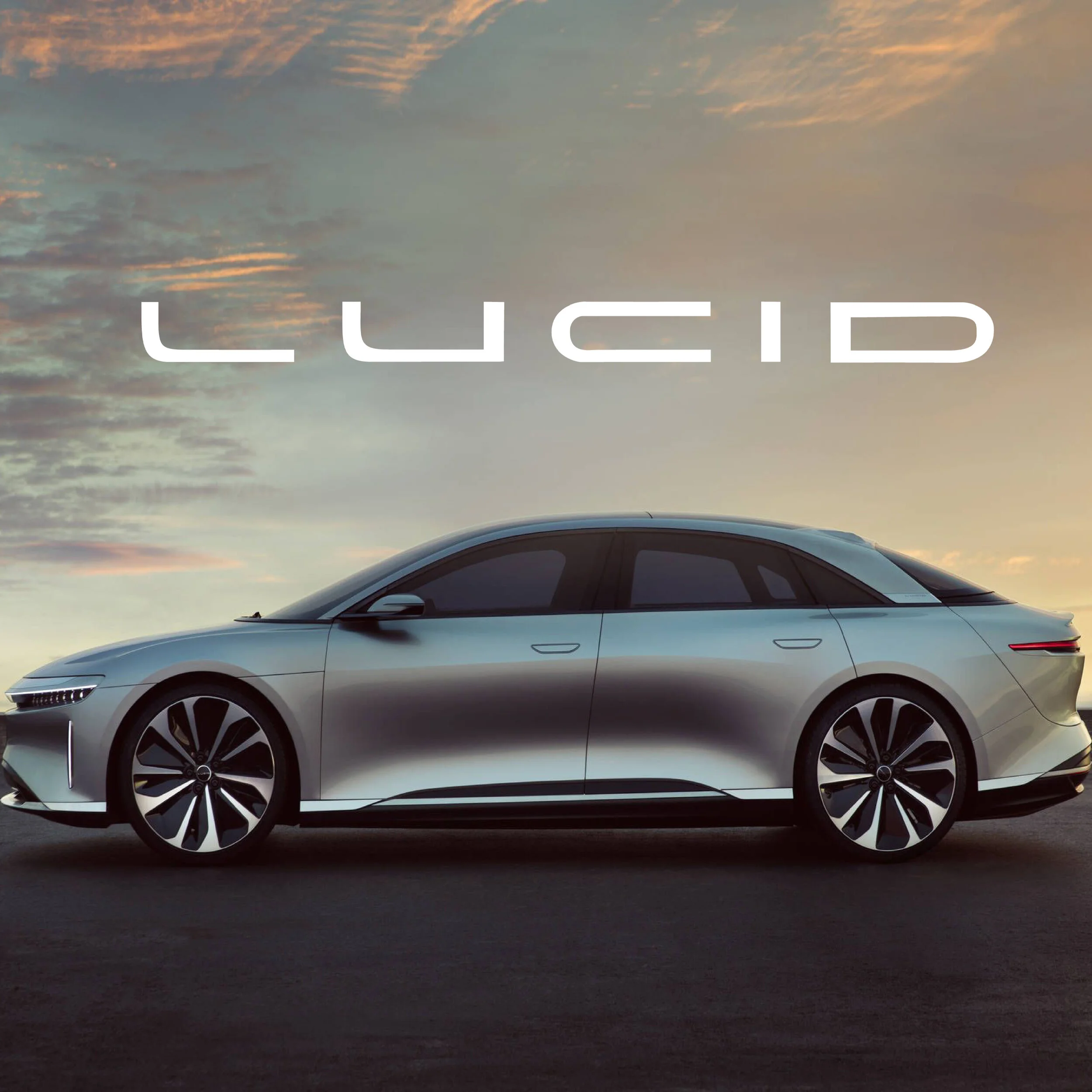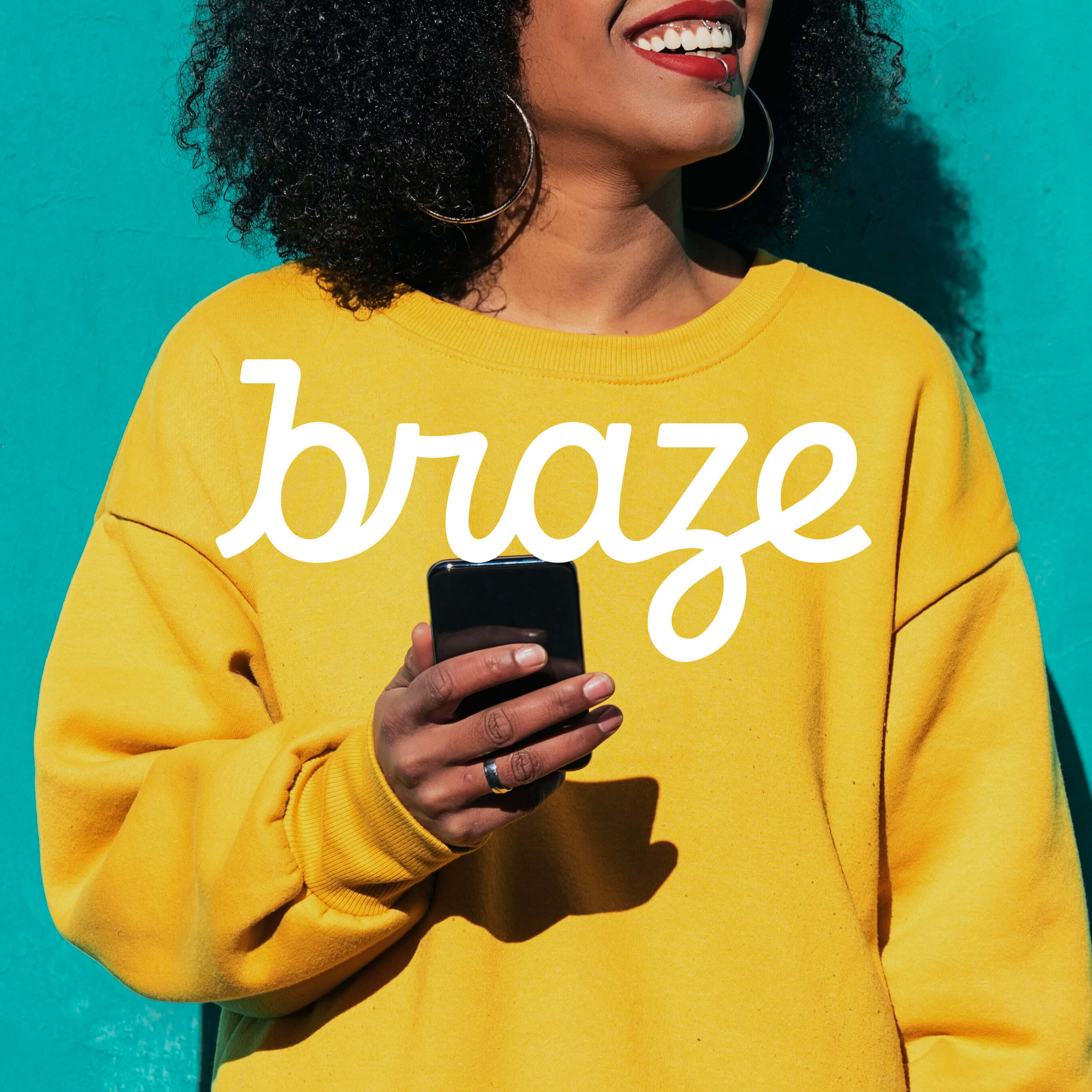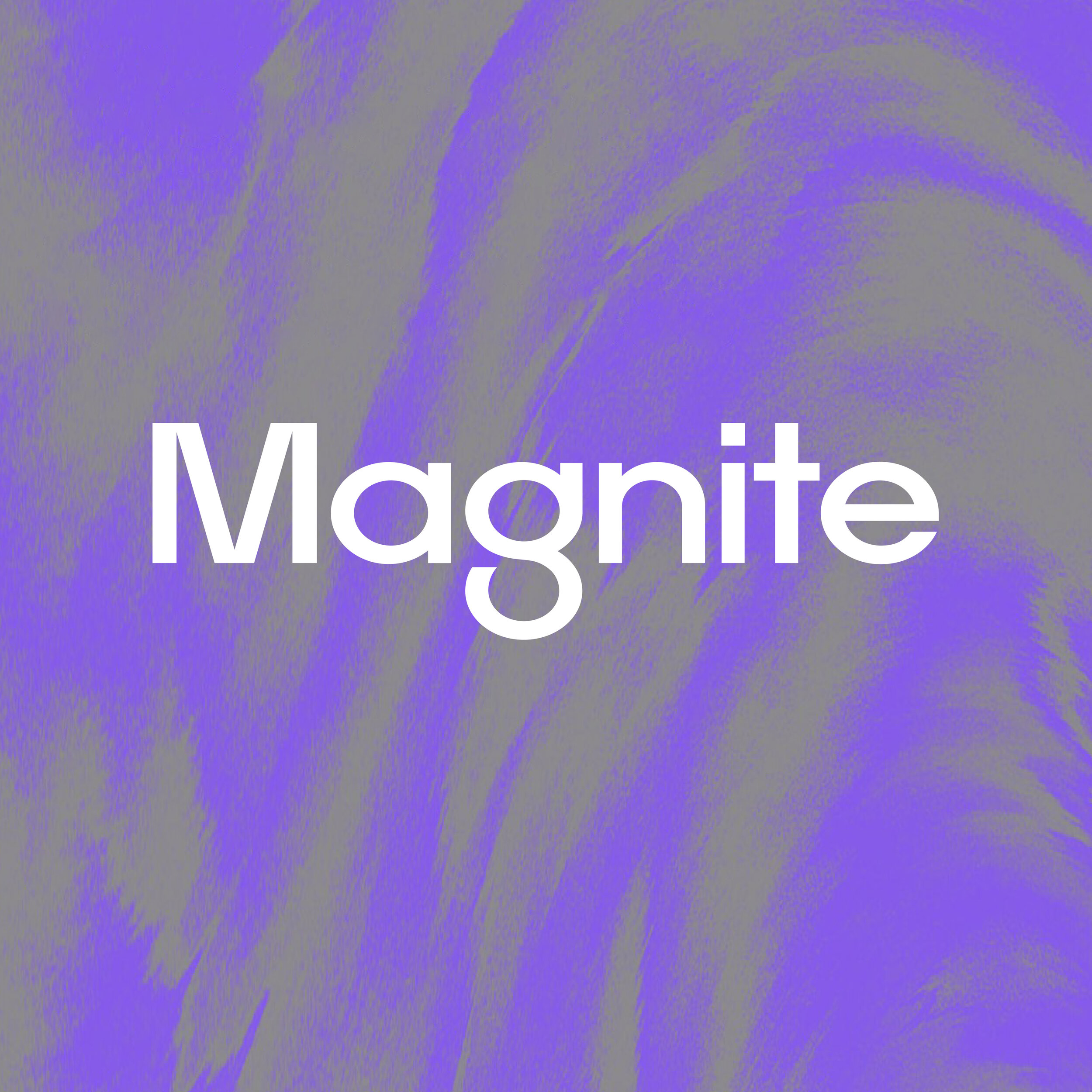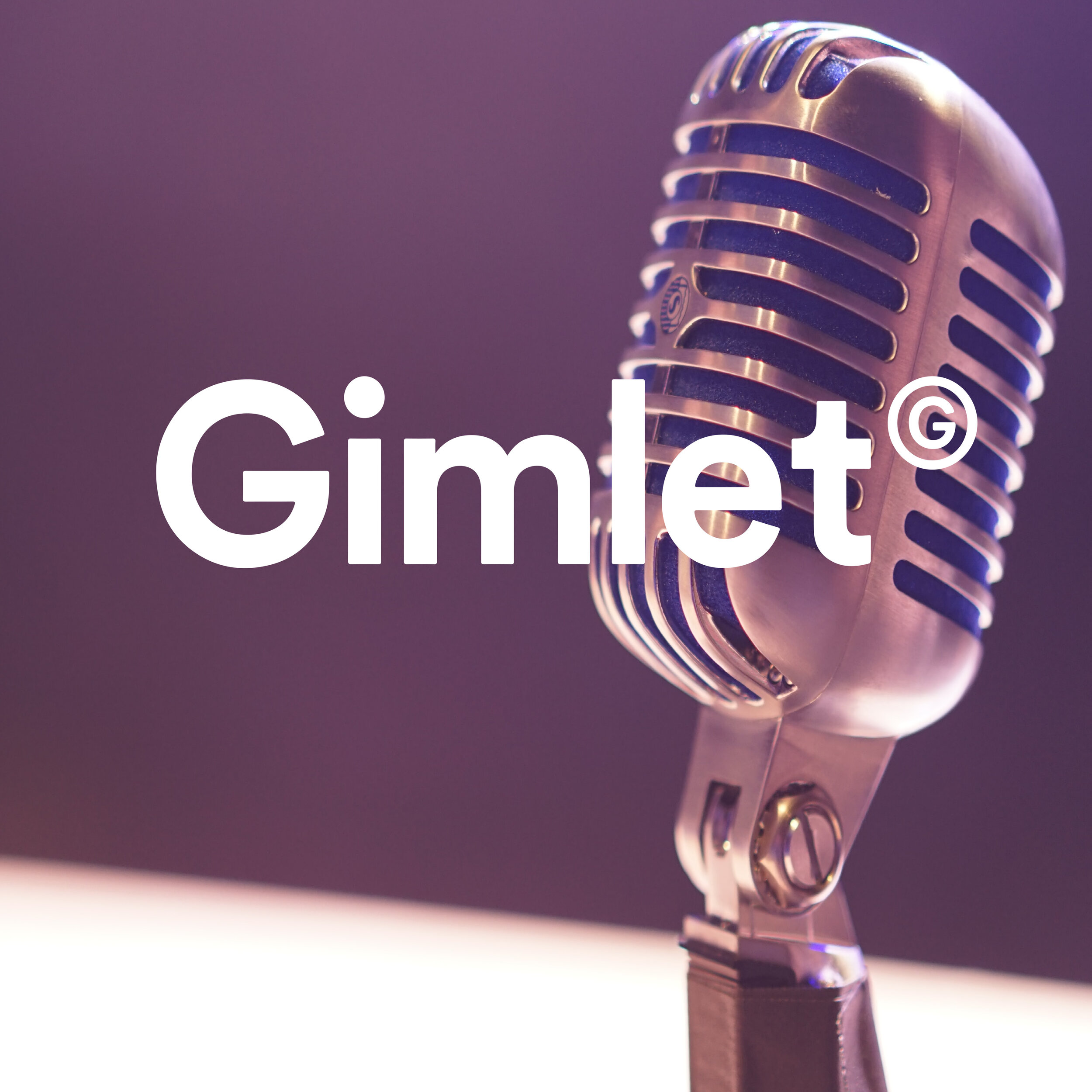What Is The Value of a Lexicon Created Brand Name?
Truly effective names deliver fundamental value -- they drive revenue. They give power and momentum to new ideas. Creating an effective name is not just a good thing, it is essential to success. Here are a few case studies that demonstrate the value of a Lexicon created brand name.
SONOS:
Where would they be today if they were still called Rincon Networks?
In 2012 a small technology startup based in Santa Barbara, California reached out to Lexicon Branding to discuss the idea of a new brand name for their innovative sound system which was a combination of software and hardware. The product’s design was beautiful and both the company and Lexicon agreed that the company’s current name, Rincon Labs was not the right name. Lexicon then created SONOS. The name is a palindrome, and in design it works upside-down— that helps customers when they are installing their Sonos system. It is easy to say, easy to spell and read, and the ‘s’ sounds give it an atmospheric feel that is almost musical.
Impact:
Ten years after being rebranded the company has over 1400 employees, revenue of $1.7 billion, and a market cap of $4.4 billion. It’s a perfect name, and the market thinks so, too.
“I enjoy telling the story of the SONOS name every time I am asked, as I feel you created exactly the right vessel for us to pour our work into, with an implicit standard for inspiration and craftsmanship. Frankly, it was impossible to imagine but you made it happen. We all work to live up to this standard every day, and that’s a gift which I cannot estimate the value of.”
- John MacFarlane, Founder
Impossible:
Where would they be today if their product was still called Maraxi?
In 2009, Stanford biochemistry professor Patrick O. Brown determined that meat production was the world’s largest environmental problem. He decided that the best way to reduce the damage was to offer a competing product on the free market. He led a team that created a remarkable replacement that looks, smells and acts—even bleeds—like meat. Lexicon was engaged in 2014 to develop a brand name that had more appeal than the company’s current name, Maraxi. They understood how important the name would be in moving the market in a new direction and created Impossible Foods, a name which alludes to the qualities of the product that seem almost magical. In 2016, the company launched its first product, the Impossible Burger.
Impact:
In 2019, Burger King featured the Impossible Whopper and had their best sales quarter in years, passing McDonalds with share growth of 30%. Impossible has raised $2 billion since 2011 and is preparing for a $10 billion IPO. Pretty tasty results.
“Maybe the Burger King people were just lucky that their supplier, Impossible Foods, had such an intriguing name that works so well with a standard product type: Impossible Whopper. My guess is that they were more than just lucky. They were smart enough to recognize a brand from naming heaven. It pops.
“It has a great rhythm, it kind of rhymes, it has great mouth feel—like the product—and it has layers of potential meaning and association.”
-Marian Salzman, Forbes Magazine
Blue Nile
Where would they be today if they were still called internet diamonds?
In 1998 Mark Vadon found an engagement ring online, at a website for a Seattle jewelry store called internetdiamonds.com. Within a year, he had borrowed the money he needed to buy the operation and he was in business. Mr. Vadon loved his prospects for success but knew he needed a new name. Lexicon Branding understood that engagement rings are a once-in-a-lifetime purchase that can depend heavily on the experience of buying. In November 1999, they created a name that would offer both, as well as a bit of mystery—Blue Nile. In a crowded and intensely competitive marketplace, it stands out, fresh and bright.
Impact:
By the end of 2000, Blue Nile had raised $44 million, and was well on its way. From 2008 to 2011 Blue Nile grew from sales of $14 million to over $300 million and became the world’s largest fine jeweler. Blue Nile was acquired by Bain Capital for approximately $500 million in 2017 and had sales of over $600 million in 2020. A jewel in their crown.
“We really are trying to be a billion-dollar fine jewelry destination. The shift is trying to make a company that started as an engagement ring website use its brand to transition to being a billion-dollar fine jewelry brand and that is the big change — that’s the long-term goal.”
-Sean Kell, CEO, Blue Nile
Swiffer
Where would Swiffer be today if it were still called Pro-Mop?
In 1994, a director of new product innovation at Proctor & Gamble asked “is there a better way to clean a floor?” A team researched just that, and developed a stick with a disposable electrostatic cloth that was lighter, less messy, and more effective for cleaning floors. They called it Pro-Mop, knowing that it was too prosaic, not ownable, not new, and certainly not loveable. Lexicon Branding was asked to develop a global name for the new mop. Lexicon spoke to people about their feelings around cleaning, and the process of cleaning floors. It meant creating a new category, not just a new name. Ultimately, Lexicon created Swiffer, which captured the speed, the ease of use, the enjoyable way that the problem had been solved, and along the way created a new verb as well. Swiffer is easy to pronounce and allows consumers to imagine having fun cleaning.
Impact:
P & G launched Swiffer in July 1999 and generated $100 million in sales in the final four months of that year. Business Week reported in 2005 that Swiffer had a 75 percent share of the quick-clean market. The Swiffer product line continues to be a leading brand for P&G, generating $500 million in sales annually. A clean sweep.
“The naming firm, Lexicon, created the name Swiffer, which beautifully evokes the speed and ease of using the product, providing a brilliant shortcut to the brand promise. Lexicon can certainly say that they invented the Swiffer, because without its name it would not be the same product.”
-Harry West , Professor, Columbia University
Blackberry
Where would they be today if their device was still called MegaMail?
Research in Motion first developed the Inter@ctive Pager 900 that allowed two-way paging in 1996. In 1999, RIM designed a new kind of device that allowed the user to send email, not just text messages, and had a keyboard, unlike any other devices at the time. They considered the name MegaMail, or ProMail. Enter Lexicon Branding, who knew that success meant developing a unique personality and singular name. They wanted a name that would evoke joy, countering the stress typically associated with work email. The keyboard, with its rows of buttons, vaguely resembled the skin of a fruit. A process of free association proceeded in that direction, and they created BlackBerry.
Impact:
After launch, RIM was the producer of the world’s first widely-adopted premium smartphone brand. At its peak, BlackBerry owned over 50% of the U.S. and 20% of the global smartphone market, sold over 50 million devices a year, had its device referred to as the “CrackBerry,” and boasted a stock price of over $230. Quite a message.
Lucid
Where would they be today if they were still called Atieva?
In 2007 the founders of Atieva believed that the auto industry had become complacent and was falling behind customer expectations. They wanted to change the landscape and engaged Lexicon to create a new brand that would capture the enthusiasm of the market and be distinctive and competitive against Tesla. Lexicon created Lucid Motors, perfectly capturing the spirit and voice of the company’s mission and vision. The company rebranded in October 2016 and officially announced its intent to develop an all-electric, high-performance luxury vehicle.
Impact:
In February 2021, Lucid Motors announced a deal valued at U.S. $11.75 billion to merge with Churchill Capital Corp IV. Lucid designed, developed, manufactured and supplied battery packs for all race teams in the 2018–22 Formula E racing season. The first consumer vehicles began rolling off the assembly line on September 28, 2021. And they just keep rolling.
Braze
Where would they be today if they were still called Appboy?
Appboy was born in 2011 after a chance encounter on a New York City street corner. The founders were passionate about forging connections between consumers and the brands they love in more personalized ways. The Appboy name was playful, but not in line with their growth strategy, and sounded a bit too much like Apple. Enter Lexicon Branding. They understood the power that a name has in the tech world, and they understood the ambition that the founders had. Focusing on the connection between a customer and a brand, Lexicon created Braze. It perfectly captured the voice of the fast-growing startup, and launched them into the stratosphere.
Impact:
Appboy had total funding in the six years before rebrand of $93.6 million. Four years after rebranding, they had raised a total of $600 million, an increase of 641% from pre-rebrand funding. Truly a strong connection.
Magnite
Where would they be today if they were called Rubicon Project-Telaria?
Former co-workers at an online advertising network founded Rubicon Project in 2007 by to help online publishers sell their advertising space. After years of rapid growth and leadership, Rubicon Project merged with Telaria in 2020, a software platform built to monetize & manage premium video inventory. The new organization needed a new name to fit its growth trajectory. Lexicon Branding knew that the newly-formed company was changing the face of advertising technology and that clients could find greater value with the two powerhouses merging. Thinking about attraction and brand loyalty, they created Magnite, a name that fit perfectly with the mission and the vision of the new company.
Impact:
After rebranding, the stock price increased 825% and market cap increased from $750 million on the day before the rebrand to the current market cap of about $2 billion. Since the merger, Magnite is the world’s largest independent omnichannel sell-side platform. That’s a lot of clicks.
Azure
Where would they be today if they were called Microsoft Web Services?
In October 2008, Microsoft was launching a cloud-based platform that represented a strategic new offering for the company and would be visible to IT professionals, software developers, and consumers alike. Accordingly, they needed a brand name that had both a professional and consumer appeal and the ability to change existing perceptions of Microsoft. Lexicon Branding helped convince Microsoft that their cloud services groups needed more than a generic name or acronym if it was to gain early share and revenue. Lexicon developed the name Azure, which signaled a new attitude for Microsoft and suggested the open-ended and flexible nature of the platform. Azure, the color of the sky, further generated appropriate and striking visual associations for a cloud-based platform.
Impact:
Today 95% of Fortune 500 companies use Microsoft Azure, and it has 20% of global market share. The name Azure is used for everything from offerings to certifications to new platforms and is a major part of Microsoft’s enterprise identity.
Tangerine
Where would they be today if they were called Scotiabank Direct?
In August 2012 Scotiabank bought ING Direct Canada and the former owner gave the bank 18 months to continue using its name before finding a new one. Scotia’s goal was to protect ING Direct’s stake in the marketplace, which currently amounts to about 2 million customers, while the other was to set the bank apart from its competitors. Lexicon Branding understood that simplicity and innovation were two things the bank (and customers) wanted see in the new name. Lexicon’s creative and linguistic teams then created Tangerine, referencing the ‘orange’ history, while also feeling significantly different.
Impact:
Since Tangerine’s launch in 2014, deposits have increased by over $3 billion. Now that’s fresh.
Gimlet
Where would they be today if they were called The American Podcasting Corporation?
In 2014, Alex Blumberg had an idea to start a podcast network, which he called The American Podcasting Company. He pitched his idea to VC firms to raise money, improve his idea and hone the brand. He knew he needed a new name to take the startup beyond podcasting associations and help position it as a vibrant new media company. Lexicon Branding were ready to illuminate his idea and move it to the next level. They created something different, a name that stood out—Gimlet Media. It not only suggests a refreshing gin drink, it’s also the name of a tool for boring holes, and “to have keen vision or insight”—a perfect name for a fresh and insightful media company.
Impact:
Later that year, Gimlet Media raised $1.5 million in seed funding at a $10 million value and tapped listeners to help raise $200,000 through equity crowdfunding. In 2019 Spotify acquired Gimlet for $230 million. Now you’re listening, right?
Febreze
Where would they be today if they were called hydroxypropyl beta cyclodextrin?
Most consumers believe air and fabric fresheners just mask odors. In 1996, P&G created a product that actually removed bad smells from almost any fabric—a substance called hydroxypropyl beta cyclodextrin (HPBCD). Obviously, that couldn’t be the name of the product, but how could they capture the benefit of the compound? Lexicon Branding was brought in to develop a name to help make a superior product claim believable. The key was to be relevant, but unexpected. Starting with the basic idea of a “fresh breeze” led to an unexpected and distinctive new name that helped fuel one of P&G’s most successful product launches of the last twenty years—Febreze.
Impact:
Within two years of launch sales were at $230 million. Since then, Febreze has been a top brand for P&G. In 2011, Febreze reached $1 billion in global sales. As of 2018, it had 34% of the air freshener market share. Now, that’s fresh.
Contact Lexicon Branding Today To Learn More
Contact us today to learn more about our naming services.





